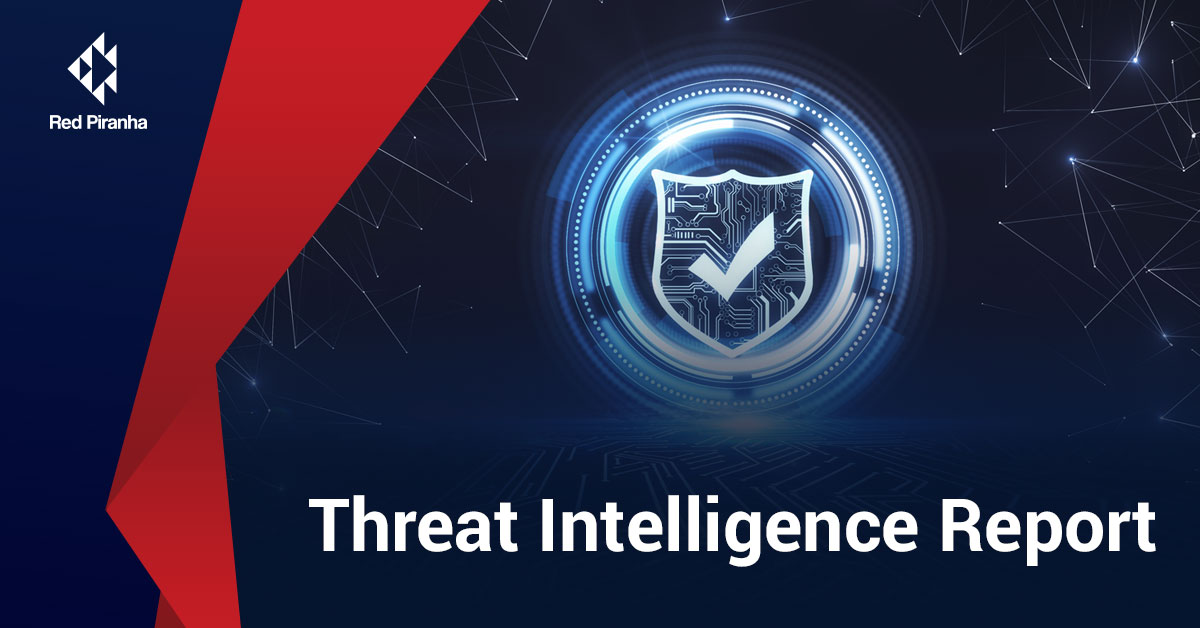| ID: CVE-2020-26829 Title: Weak Authentication Vulnerability in SAP NetWeaver Vendor: SAP |
SAP NetWeaver AS JAVA (P2P Cluster Communication), versions - 7.11, 7.20, 7.30, 7.31, 7.40, 7.50, allows arbitrary connections from processes because of missing authentication check, that are outside the cluster and even outside the network segment dedicated for the internal cluster communication. As result, an unauthenticated attacker can invoke certain functions that would otherwise be restricted to system administrators only, including access to system administration functions or shutting down the system completely. CVSS v3.1 |
10 (AV:N/AC:L/PR:N/UI:N/S:C/C:H/I:H/A:H) |
| ID: CVE-2017-5645 Title: Deserialization Vulnerability in Apache Log4j Vendor: Apache, NetApp and Multiple Other Vendors |
In Apache Log4j 2.x before 2.8.2, when using the TCP socket server or UDP socket server to receive serialized log events from another application, a specially crafted binary payload can be sent that, when deserialized, can execute arbitrary code. CVSS v3.0 |
10 (AV:N/AC:L/PR:N/UI:N/S:U/C:H/I:H/A:H) |
| ID: CVE-2020-5413 Title: Deserialization Vulnerability in Spring Framework Vendor: VMWare |
Description: Spring Integration framework provides Kryo Codec implementations as an alternative for Java (de)serialization. When Kryo is configured with default options, all unregistered classes are resolved on demand. This leads to the "deserialization gadgets" exploit when provided data contains malicious code for execution during deserialization. In order to protect against this type of attack, Kryo can be configured to require a set of trusted classes for (de)serialization. Spring Integration should be proactive against blocking unknown "deserialization gadgets" when configuring Kryo in code. CVSS v3.1 |
8.1 (AV:N/AC:L/PR:N/UI:N/S:U/C:H/I:H/A:H) |
| ID: CVE-2021-33564 Title: Code Injection Vulnerability in Dragonfly Gem Vendor: DragonFly Project |
Description: An argument injection vulnerability in the Dragonfly gem before 1.4.0 for Ruby allows remote attackers to read and write to arbitrary files via a crafted URL when the verify_url option is disabled. This may lead to code execution. The problem occurs because the generate and process features mishandle use of the ImageMagick convert utility. CVSS v3.1 |
9.3 (AV:N/AC:L/PR:N/UI:N/S:U/C:H/I:H/A:H) |
| ID: CVE-2021-33790 Title: Remote Code Execution Vulnerability in RebornCore Library Vendor: Tech Reborn |
Description: The RebornCore library before 4.7.3 allows remote code execution because it deserializes untrusted data in ObjectInputStream.readObject as part of reborncore.common.network.ExtendedPacketBuffer. An attacker can instantiate any class on the classpath with any data. A class usable for exploitation might or might not be present, depending on what Minecraft modifications are installed. CVSS v3.1 |
9.8 (AV AV:N/AC:L/PR:N/UI:N/S:U/C:H/I:H/A:H) |
| ID: CVE-2021-23017 Title: Buffer Overflow Vulnerability in Ngnix Resolver Vendor: Nginx |
Description: A security issue in nginx resolver was identified, which might allow an attacker who is able to forge UDP packets from the DNS server to cause 1-byte memory overwrite, resulting in worker process crash or potential other impact. CVSS v3.1 |
9.8 (AV: AV:N/AC:L/PR:N/UI:N/S:U/C:H/I:H/A:H) |

